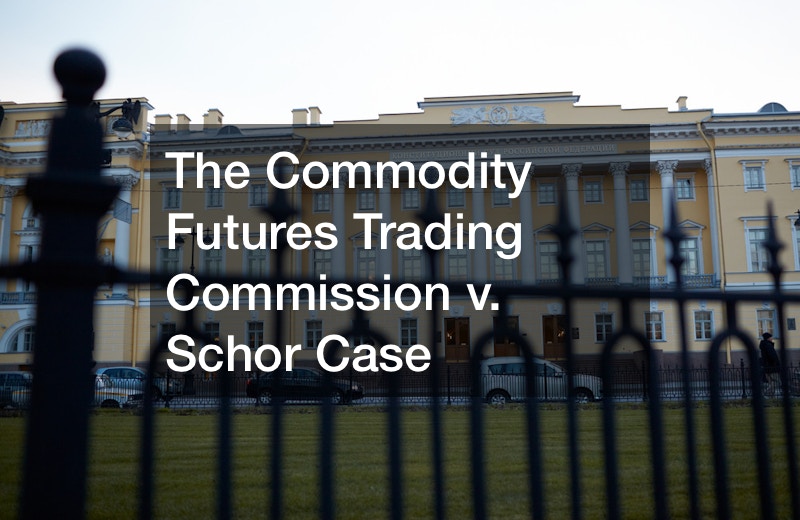
The Commodity Futures Trading Commission v. Schor case was a landmark Supreme Court decision in 1986 that addressed the jurisdictional limits of administrative agencies and the constitutional rights of parties involved in agency proceedings. The case involved the Commodity Futures Trading Commission (CFTC) and Robert L. Schor, a commodities trader.
At the heart of the case was the question of whether a party subject to an administrative agency’s jurisdiction could raise constitutional claims and seek a judicial forum outside the agency.
Schor argued that his constitutional due process rights were being violated by the CFTC’s actions, and he sought a federal court review.
In a notable ruling, the Supreme Court held that when an agency exercises significant judicial powers, as the CFTC did, an individual is entitled to have their constitutional claims decided by an Article III court. The Court recognized that agency expertise was necessary but emphasized the importance of ensuring constitutional protections.
The decision in the CFTC v. Schor case established an important precedent, clarifying the balance between administrative agency authority and an individual’s right to seek judicial review of constitutional claims. It has since influenced the understanding of agency jurisdiction and due process rights in subsequent cases. Contact a commodities attorney for more information.
.






